Increased Brinjal Production Through Honeybee-Based Natural Farming
Honeybee-based natural farming plays a crucial role in increasing brinjal (eggplant) production by enhancing pollination and promoting sustainable agricultural practices. This approach not only improves crop yield but also ensures ecological balance and long-term farm productivity.
How Honeybees Improve Brinjal Yield:
- Enhanced Pollination – Honeybees efficiently transfer pollen between brinjal flowers, increasing fruit set and leading to higher yields. Their consistent pollination activity ensures that more flowers develop into healthy fruits.
- Better Fruit Quality – Proper pollination results in uniform, well-developed brinjals. It improves fruit size, shape, and texture, making them more marketable.
Sustainable Natural Farming Practices:
- Reduced Chemical Use – Eliminating synthetic pesticides and fertilizers protects honeybees, allowing them to thrive and contribute to effective pollination. Natural pest control methods like neem extracts and companion planting support a bee-friendly environment.
- Improved Soil Health – Natural farming enhances soil fertility through composting, green manure, and bio-fertilizers. Healthy soil provides essential nutrients for brinjal growth, indirectly benefiting honeybee populations by promoting plant biodiversity.
Creating a Bee-Friendly Environment:
- Diverse Habitat – Planting nectar-rich flowers such as mustard, sunflower, and clover around brinjal fields attracts honeybees and provides them with continuous food sources.
- Minimized Pesticide Use – Avoiding harmful chemicals ensures honeybees remain active, improving brinjal pollination rates.
Effective Implementation Strategies:
- Bee Pollination Services – Farmers can introduce managed hives or collaborate with beekeepers to boost honeybee populations in their fields.
- Companion Planting – Growing flowering plants alongside brinjals encourages honeybee activity and ensures sustained pollination.
Monitoring & Adaptation:
- Track Pollination Activity – Regularly observing bee activity helps farmers adjust farming practices for maximum yield.
- Farmer Training – Educating farmers on honeybee-based pollination optimizes brinjal production while maintaining environmental sustainability.
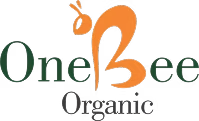
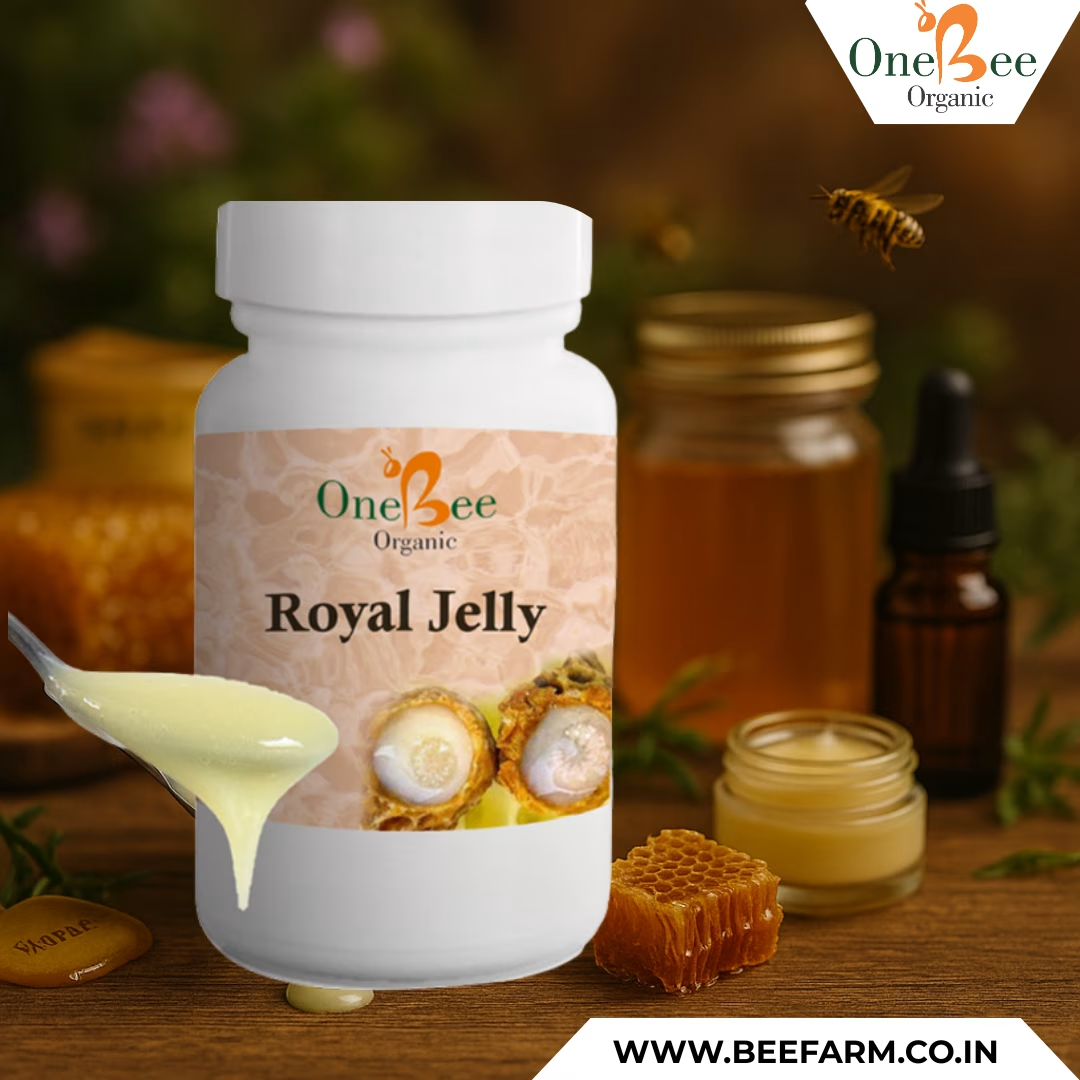

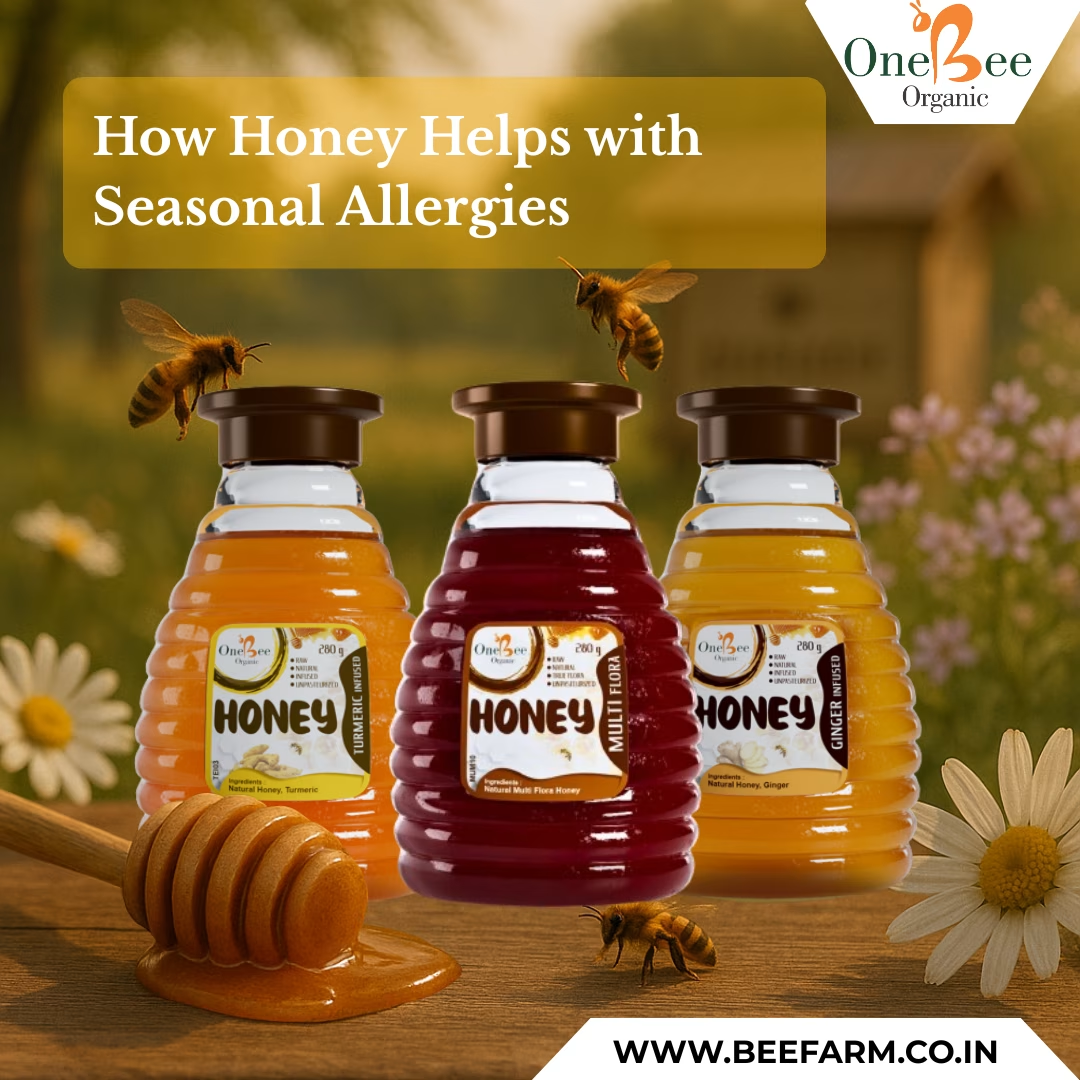
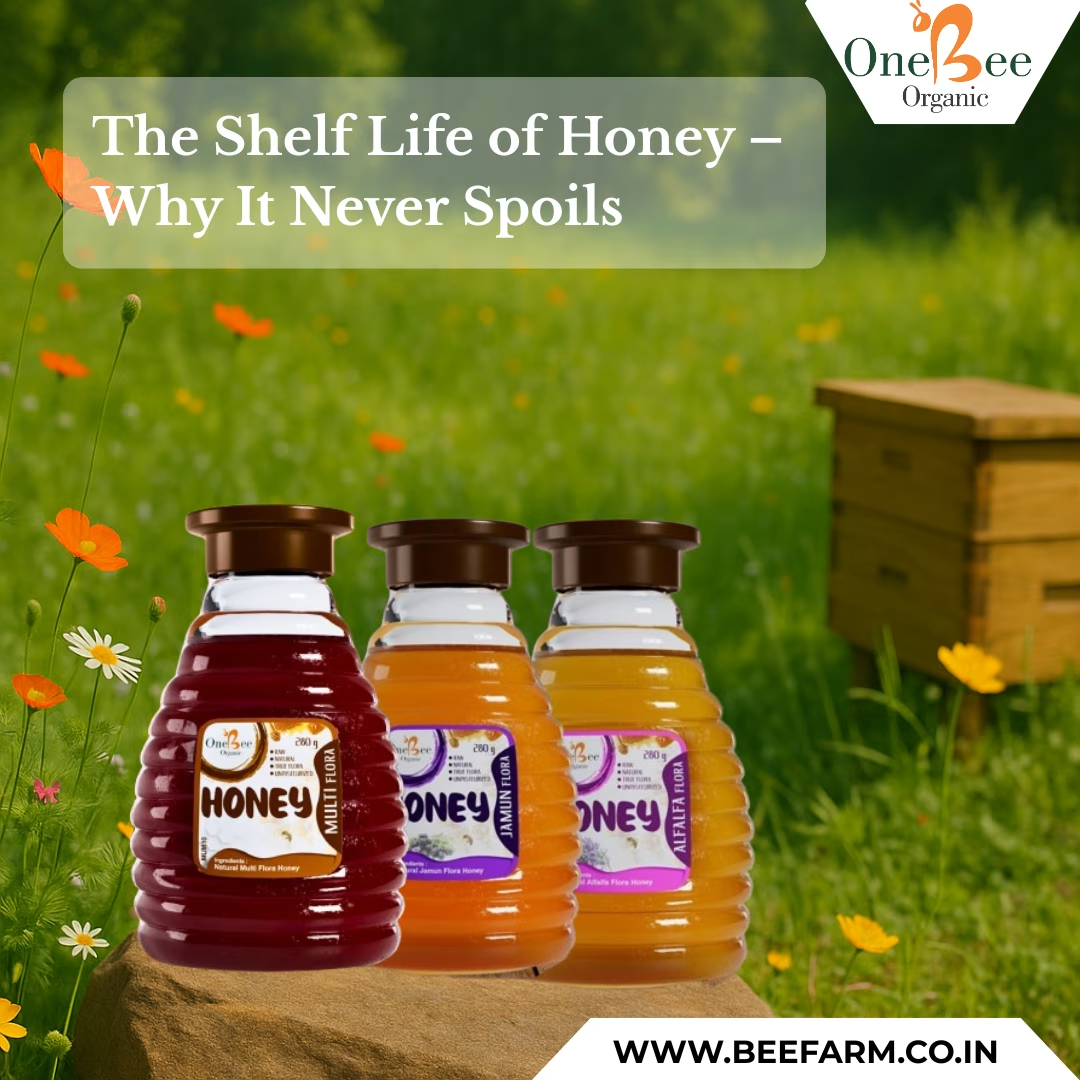
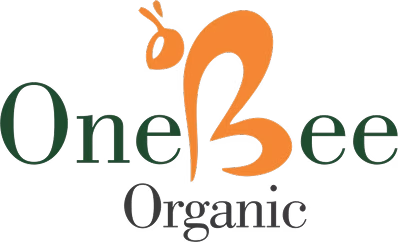
Leave A Comment